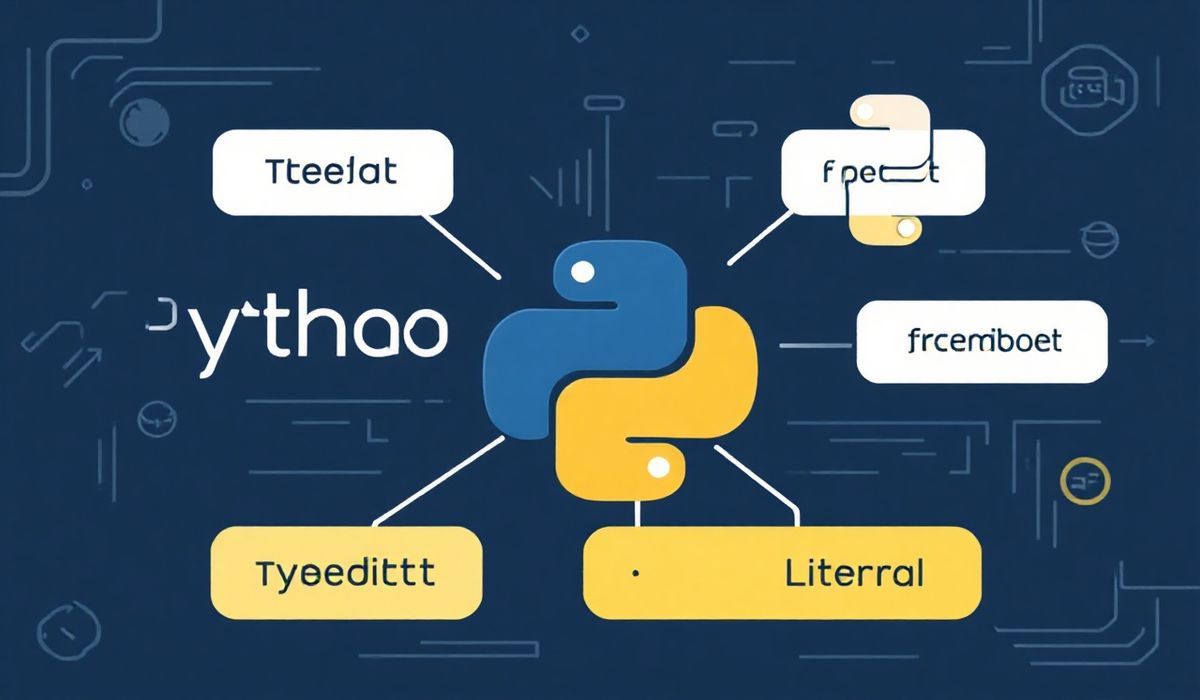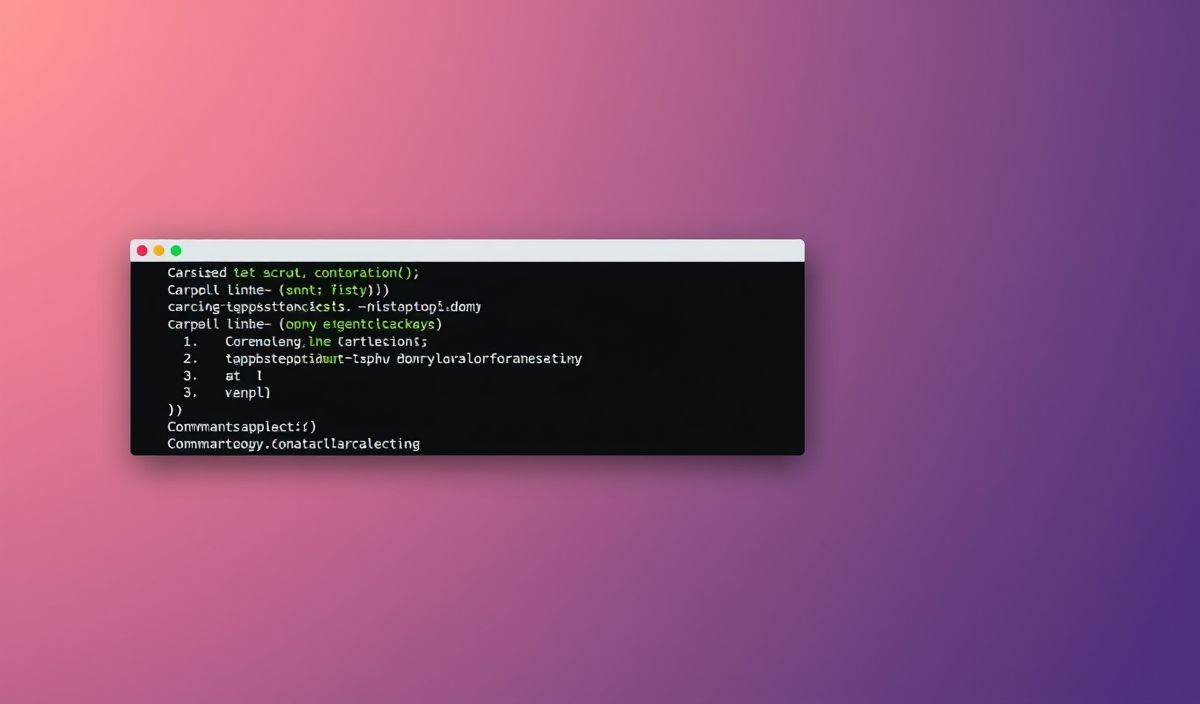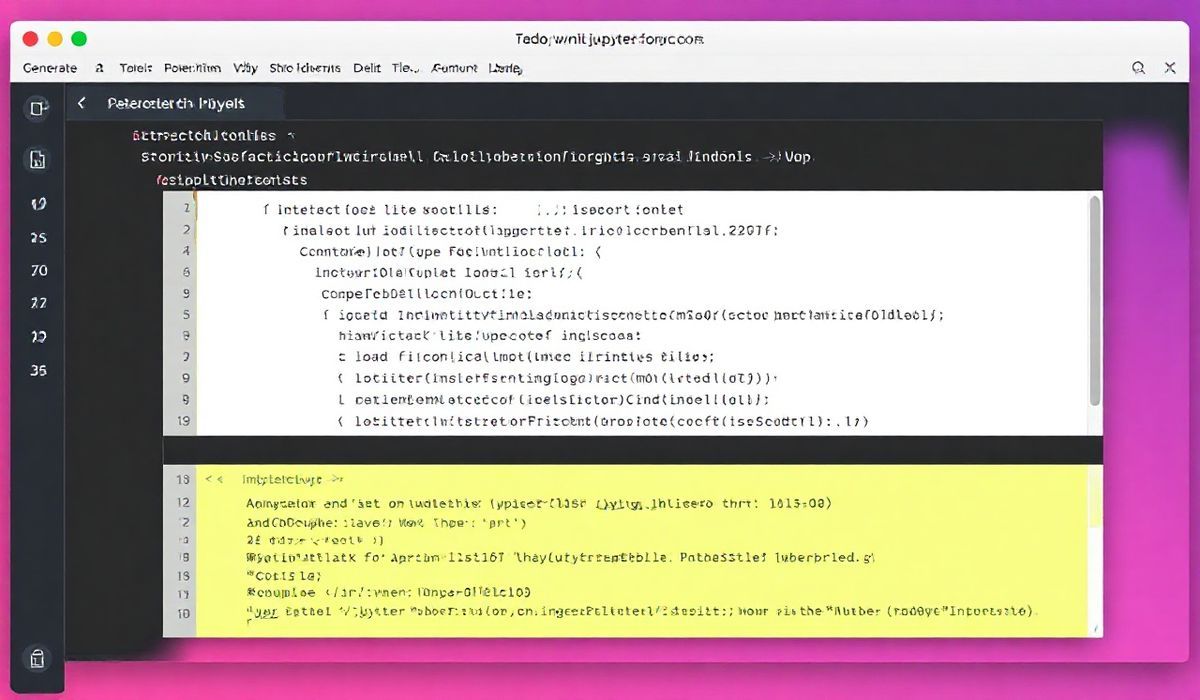Welcome to the Complete Guide to Typing-Extensions!
In the ever-evolving landscape of Python programming, type hinting has become a critical tool to improve code readability, maintainability, and reliability. While the Python standard library includes a typing module for type annotations, the typing-extensions package extends its capabilities, introducing experimental and forward-compatible type hints to supercharge your applications.
Getting Started with Typing-Extensions
The typing-extensions module is particularly useful when you need support for newer type hinting features in older versions of Python. Install the library using pip:
pip install typing-extensions
Key APIs and Their Usage
Let’s dive into some of the most essential and commonly used APIs provided by typing-extensions, along with practical code snippets!
1. TypedDict
TypedDict allows you to define dictionary-like objects with strongly-typed keys and values.
from typing_extensions import TypedDict
class User(TypedDict):
id: int
name: str
email: str
user: User = {"id": 1, "name": "Alice", "email": "alice@example.com"}
print(user["email"]) # Output: alice@example.com
2. Protocol
Define interfaces similar to those in statically-typed languages.
from typing_extensions import Protocol
class Greetable(Protocol):
def greet(self) -> str: ...
class Human:
def greet(self) -> str:
return "Hello!"
def say_hello(greeter: Greetable) -> None:
print(greeter.greet())
person = Human()
say_hello(person) # Output: Hello!
3. Literal
Define specific constant values for type hinting.
from typing_extensions import Literal
def get_status(code: Literal[200, 404, 500]) -> str:
if code == 200:
return "Success"
elif code == 404:
return "Not Found"
elif code == 500:
return "Server Error"
print(get_status(200)) # Output: Success
4. Final
Make variables or methods immutable and prevent overriding in subclasses.
from typing_extensions import Final MAX_CONNECTIONS: Final = 100 print(MAX_CONNECTIONS) # Output: 100
5. @runtime_checkable
Check protocol compliance at runtime.
from typing_extensions import Protocol, runtime_checkable
@runtime_checkable
class Logger(Protocol):
def log(self, message: str) -> None: ...
class ConsoleLogger:
def log(self, message: str) -> None:
print(message)
logger = ConsoleLogger()
if isinstance(logger, Logger):
logger.log("This is a log message!") # Output: This is a log message!
6. Concatenate
Compose additional arguments in callable typing.
from typing_extensions import Concatenate, Callable, ParamSpec
P = ParamSpec("P")
def log_function_call(callback: Callable[Concatenate[str, P], None]) -> Callable[P, None]:
def wrapper(*args: P.args, **kwargs: P.kwargs) -> None:
print("Calling function...")
callback("Extra Argument", *args, **kwargs)
return wrapper
@log_function_call
def greet(extra_arg: str, name: str) -> None:
print(f"{extra_arg}: Hello, {name}!")
greet("John") # Output: Calling function...
# Extra Argument: Hello, John!
Application Example Combining These APIs
Here’s a small app that utilizes multiple APIs from typing-extensions to create a lightweight user management system:
from typing_extensions import TypedDict, Protocol, runtime_checkable, Literal
class User(TypedDict):
id: int
name: str
role: Literal["admin", "guest", "member"]
@runtime_checkable
class Database(Protocol):
def add_user(self, user: User) -> None: ...
def remove_user(self, user_id: int) -> None: ...
def list_users(self) -> list[User]: ...
class InMemoryDatabase:
def __init__(self):
self.users: list[User] = []
def add_user(self, user: User) -> None:
self.users.append(user)
def remove_user(self, user_id: int) -> None:
self.users = [u for u in self.users if u["id"] != user_id]
def list_users(self) -> list[User]:
return self.users
db = InMemoryDatabase()
db.add_user({"id": 1, "name": "Alice", "role": "admin"})
db.add_user({"id": 2, "name": "Bob", "role": "guest"})
if isinstance(db, Database):
print("Users:", db.list_users())
db.remove_user(2)
print("After removal:", db.list_users())
# Output:
# Users: [{'id': 1, 'name': 'Alice', 'role': 'admin'}, {'id': 2, 'name': 'Bob', 'role': 'guest'}]
# After removal: [{'id': 1, 'name': 'Alice', 'role': 'admin'}]
Conclusion
The typing-extensions library is a treasure trove for Python developers aiming to write scalable, robust, and type-safe code. Whether you’re working on small projects or large systems, these tools will simplify your type hints and make interacting with dynamic Python code much safer.
Explore these APIs in your projects to see how much consistency they can bring to your workflow. Start small, and gradually incorporate more advanced tools like Protocol, TypedDict, and Concatenate.




